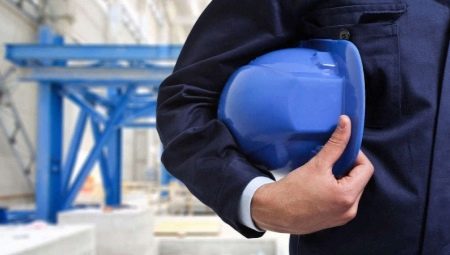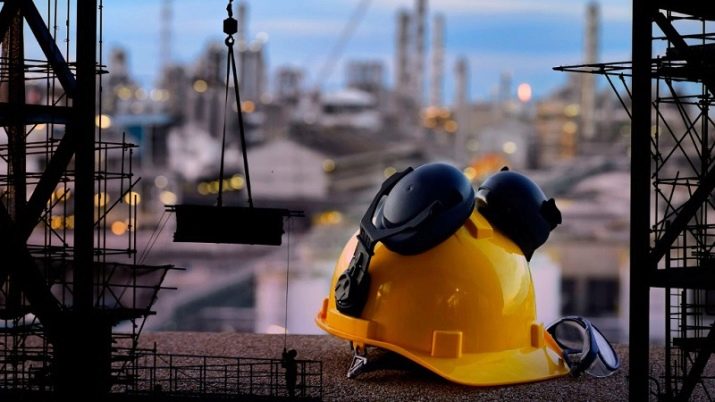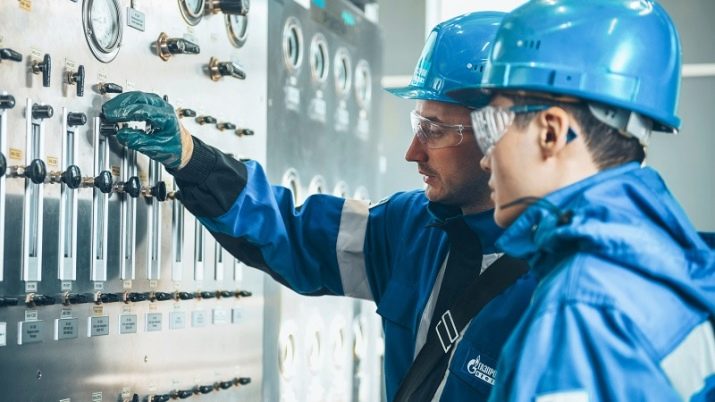All about the profession of industrial safety engineer

It is difficult to find a person who has not heard about the profession of "engineer". But few people know that there is also a narrower focus - an industrial safety engineer. This specialization is very important in modern industrial production, and the normal functioning of enterprises depends on the performance of the duties of such a specialist.
Peculiarities
The specialization of an industrial safety engineer in Russia is subject to a strict professional standard. There are many more private specializations, for example, the safety specialist for pressure installations and lifting equipment. The professional standard necessarily prescribes which industries the employee's activities belong to and what are his generalized, private labor functions. ECTS comprehensively describes the basic information that a safety engineer needs to successfully perform his duties.
The document introduces the concepts of the first and second categories within this specialization.

Responsibilities
According to a typical job description, a leading industrial safety engineer is obliged to supervise the maintenance of production order in the structural divisions of the organization. He is also engaged in conducting comprehensive and targeted inspections of the state of industrial safety. According to the results of such checks the engineer prepares a report for the management of the organization, where it notes either full compliance with regulatory requirements, or a list of necessary measures. This specialist also develops plans for dealing with accidents and other incidents. Such plans indicate:
- what are the preventive measures;
- what are the measures for early detection;
- what should be the actions to quickly eliminate the consequences;
- how to minimize the harmful effects of various factors on people and property;
- how to eliminate the consequences of the accident in the shortest possible time;
- how will the interaction with "external" emergency rescue teams and structures be established.
But the industrial safety engineer is still be sure to follow all new technologies and production facilities. It takes into account their specific risks - both individually and in conjunction with other installed equipment, with other technological processes. If suddenly there is some kind of accident or a minor emergency, he takes an active part in the investigation. Based on the results of investigations, prepares documents to eliminate the causes and for special instructions. Wherever there are dangerous objects, the engineer conducts an examination of their condition.
It is he who will draw up instructions and instructions for workers on safety. It will be he who will need to ensure that all equipment tests and routine checks are on schedule. And it is to the safety engineer that they turn to in order to put catastrophically dangerous equipment in the queue for decommissioning. This specialist also checks whether the licensing requirements for the work are met. And also assesses the professionalism of other employees from their own position.

Knowledge and skills
An industrial safety engineer must definitely know:
- basic laws of the country and region in their industry;
- departmental and interdepartmental, regional regulations;
- instructions and orders of the management;
- the main threats in a specific production, methods of control over them;
- hazardous levels of various production factors;
- signs of wear and damage to equipment, disruption of the technological process;
- fundamentals of labor legislation;
- environmental, fire and sanitary safety requirements;
- emergency response measures;
- first aid measures;
- basics of office work;
- the structure of your organization;
- probable claims from the regulatory authorities and methods of objection to them.
You will also need to know:
- features of personal protective equipment;
- the procedure for using personal protective equipment;
- internal algorithms for the operation of production plants;
- instructions for the operation and repair of equipment;
- standard terms of equipment operation;
- characteristic signs of injury by various harmful factors in the workplace;
- probable natural threats in the area.

Education
Of course, you can get the profession of an industrial safety engineer in Moscow and St. Petersburg. A good example would be the curricula of the St. Petersburg University of Industrial Technology and Design and the Moscow Power Engineering Institute, respectively. But training in this specialty is also carried out in the regions of Russia. For example, at the Technical University of Volgograd, at the South Ural University, at UrFU, OmSTU. More similar specializations can be found in:
- Kuban State University;
- Aviation Technical University of Ufa;
- State University of Togliatti;
- State University of Sevastopol;
- Perm Research University;
- Far Eastern Transport University;
- National Research Technological University of Kazan;
- Novosibirsk Agrarian University;
- Kuzbass Technical University;
- Belgorod Technical University named after Shukhov.
Work
An industrial safety engineer can work at an enterprise of any form of ownership and profile of activity. The exception is narrow specialists who specialize in a particular industry. A related specialization is fire safety engineer.
The minimum wage for such a specialist in Russia is now 28,000 rubles. The average level is 43 thousand rubles.









